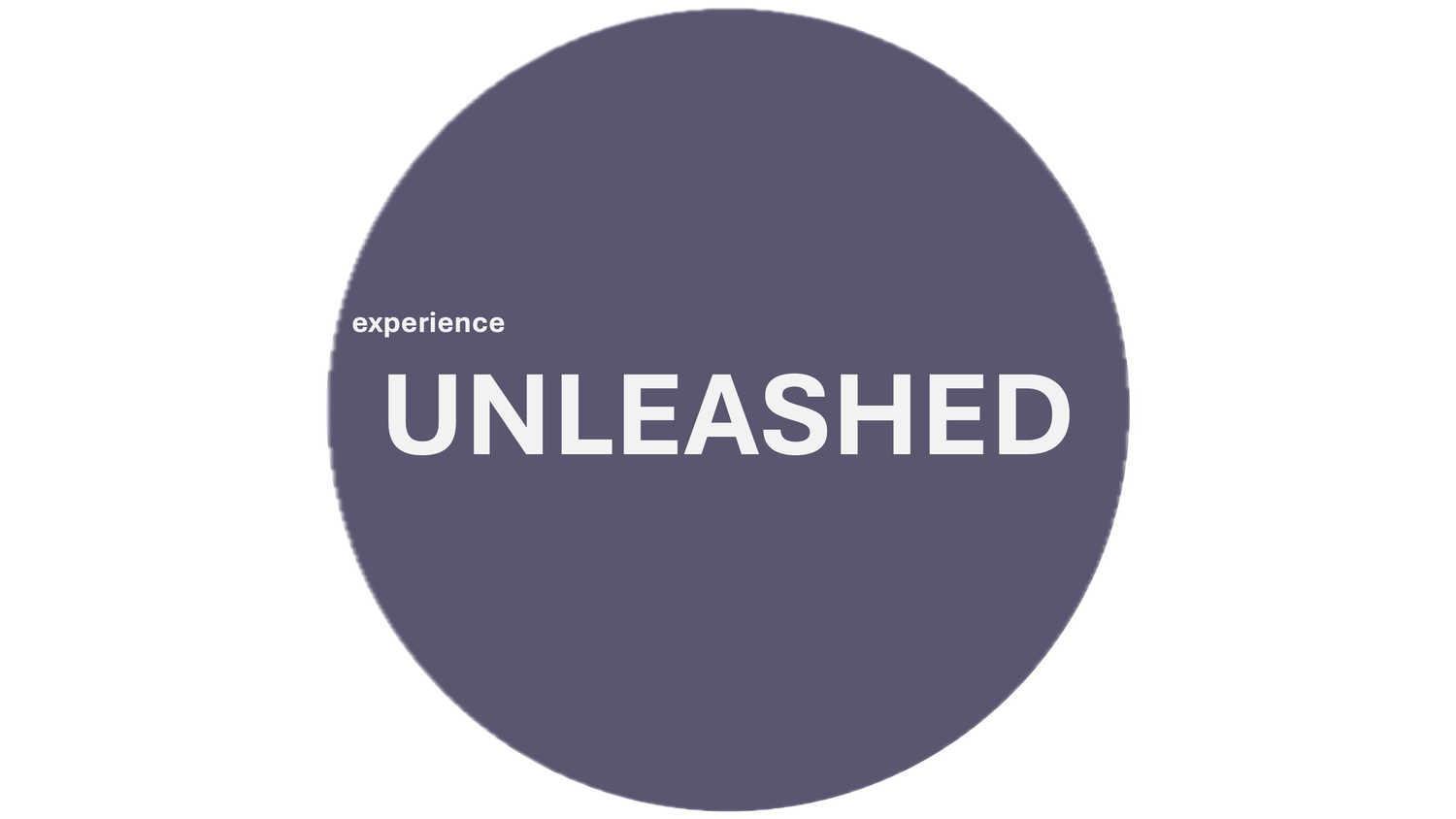How to understand the customer – a million-dollar question?
I better say it upfront. I have a Master of Science in Industrial Engineering & Economics. I have not been educated in the profession of Marketing. However, I have worked over 24 years in the duty of customers. This is the reason we all go to work, right? Ok, I know it was a leading question and you as well as I know the answer to the question is no. Unfortunately. In fact, many seems to think that customers are scary otherwise I can’t understand why a lot of companies work inside-out, i.e they do things because they can and hope for the best, instead of working outside-in, i.e they do things to fulfil customer needs and to surprise and delight.
But is it difficult to gain knowledge about present and future customers? I would argue no, I believe it is much easier than companies and people think in general. I have always worked in some way or another (pending on the buzzwords of course 😊 ) with customer centricity so I have had my fair share of A ha-moments. However, I would like to highlight two of them.
The first one I would like to highlight came when I was listening in to my first focus group. It didn’t take long before I could identify patterns (yes, I’m an engineer and I was good at math growing up so my brain search for logic…) making it possible for me to place different people in different buckets pending on for instance behaviour, functional needs, emotional needs, situation, expectation etc. (Side note. Many years later when I was listening into a focus group behind a glass wall with a colleague of mine with expertise in customer psychology among other things he freaked me out when he almost with 100% accuracy after a while into the sessions could predict what different people should answer.) The first focus group was an A ha-moment for me and the learning I brought with me – You don’t need to ask thousands of customers to identify patterns just as long you interact with a set of people that is willing to share their honest thoughts - valid for both B2B and B2C. And for those that know research way better than I – No, I’m not disqualifying quantitative research. And to all data scientists – yes, you can definitely collect data from different touchpoints to generate insights. (Btw, the expert mentioned above is currently my business partner.)
My second A ha-moment to highlight is more of a collective A ha gained throughout the years shaping new business via innovative solutions/experiences (could be products, services, ecosystems, business models etc). “Everyone” says that you can’t ask customer about needs they are not aware of that they have. Many refer to the introduction of smart phone (i.e Apples first iPhone). It’s true you can’t ask them, but you can expose them for experiments and identify reactions, change of behaviours etc. Based on the learnings make tweaks and then expose the potential customer for next experiment. And so on. It’s not rocket science and anyone (person or organisation) can do it and that is an A ha moment for me which brought me this learning – You shall always start with insight hypotheses when shaping new solutions so you have something to start from and then you continuously adapt and learn from potential customers by experimenting repeatedly – again valid for both B2B and B2C.
Based on my experience of multiple A ha-moments related to customer knowledge gained just by talking and interacting with people, I believe most organisations can understand customers better. However, I know that there are plenty of people disagreeing with me. Perhaps because it seems to be a “million-dollar-question”. If I do a minor desktop research and google three questions that I constantly meet the result is stunning… All three questions below receive more than 1,5 billion hits. 1 500 000 000 hits. Each.
Why is it important to know who your customers are?
Why is it important to understand customer needs?
How to understand the customer?
Crazy, but gaining customer knowledge is actually not difficult. It’s all about daring to ask questions (Why?) and to interact and realize it is a never-ending learning journey. You will be a super star in the eyes of the customers if you can meet their spoken and unspoken unmet needs. Even if you are an engineer.
/ Joachim Rask

